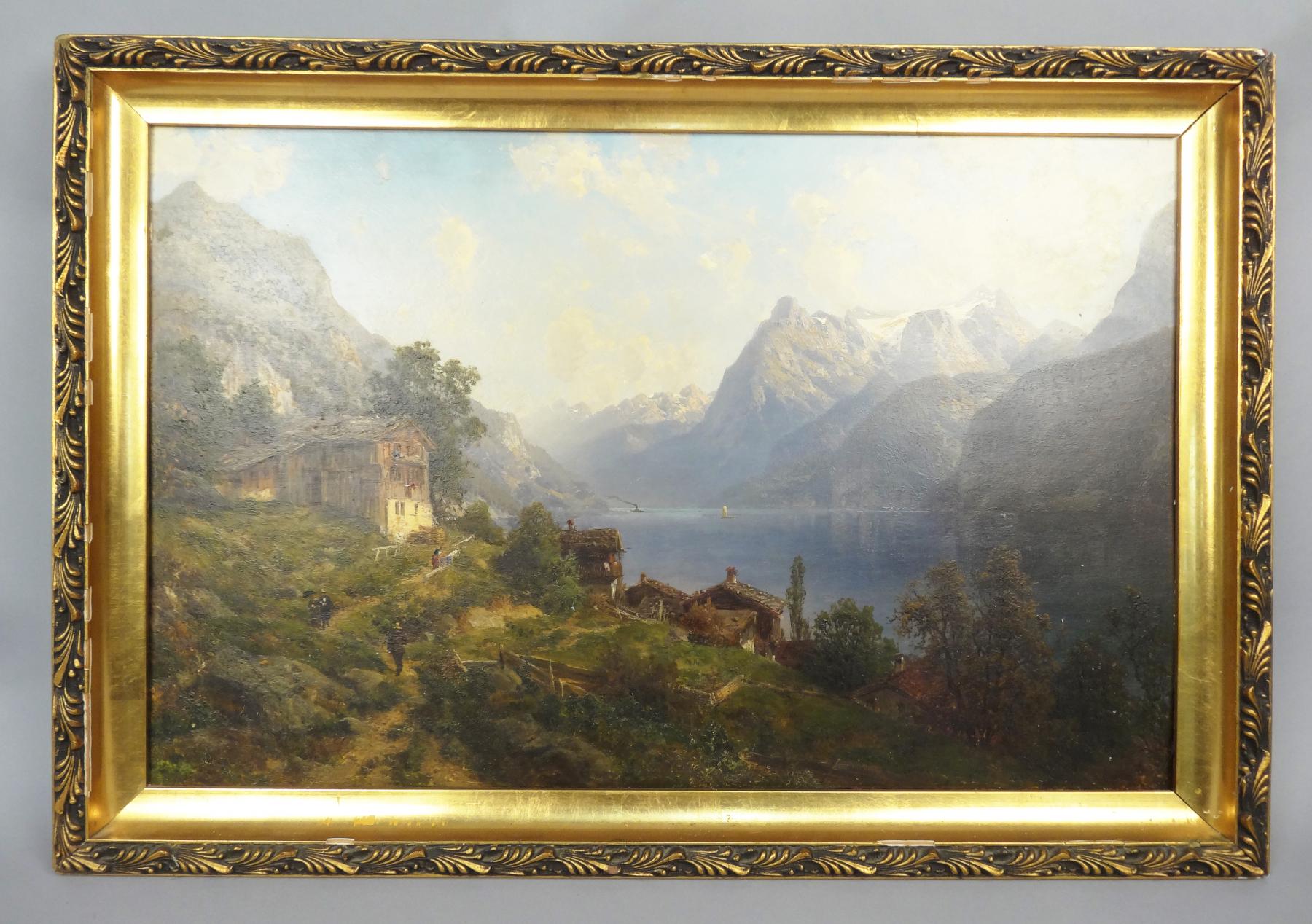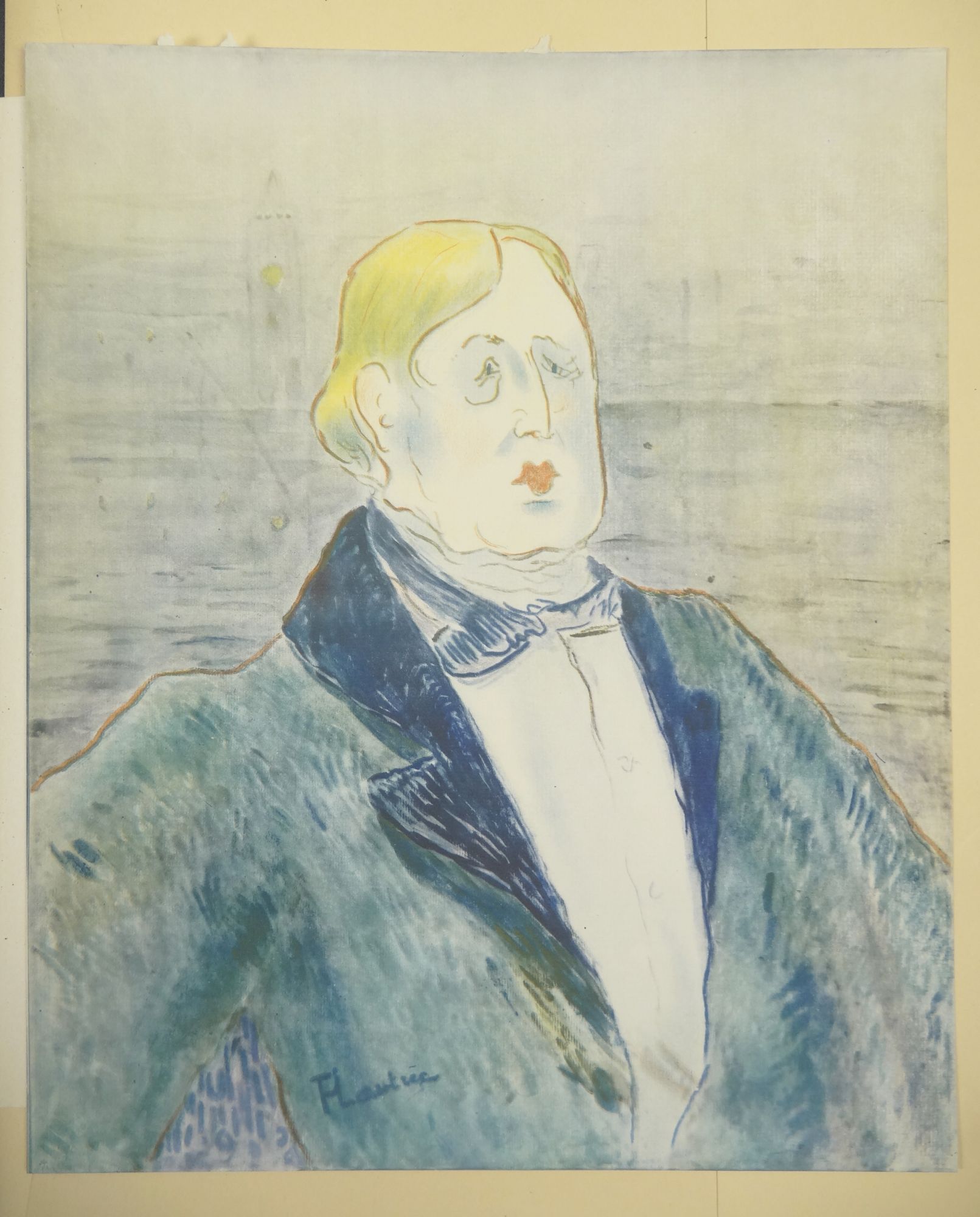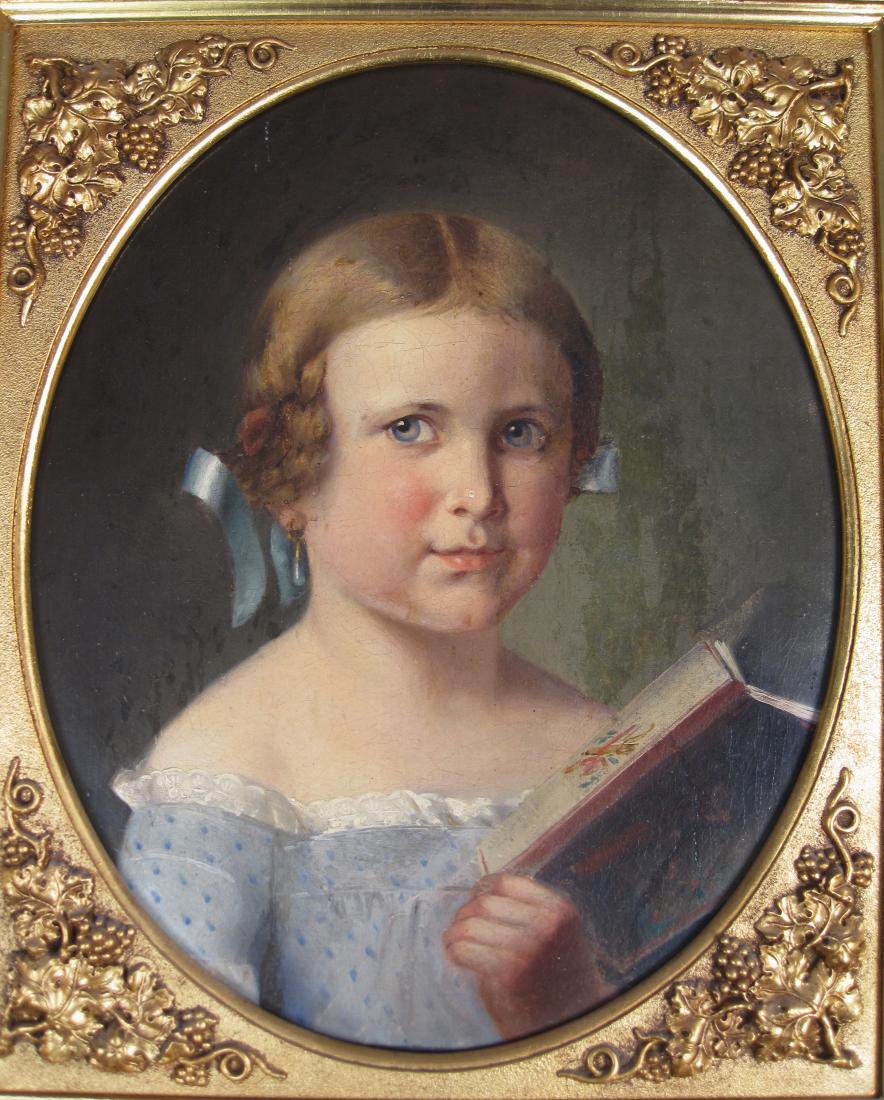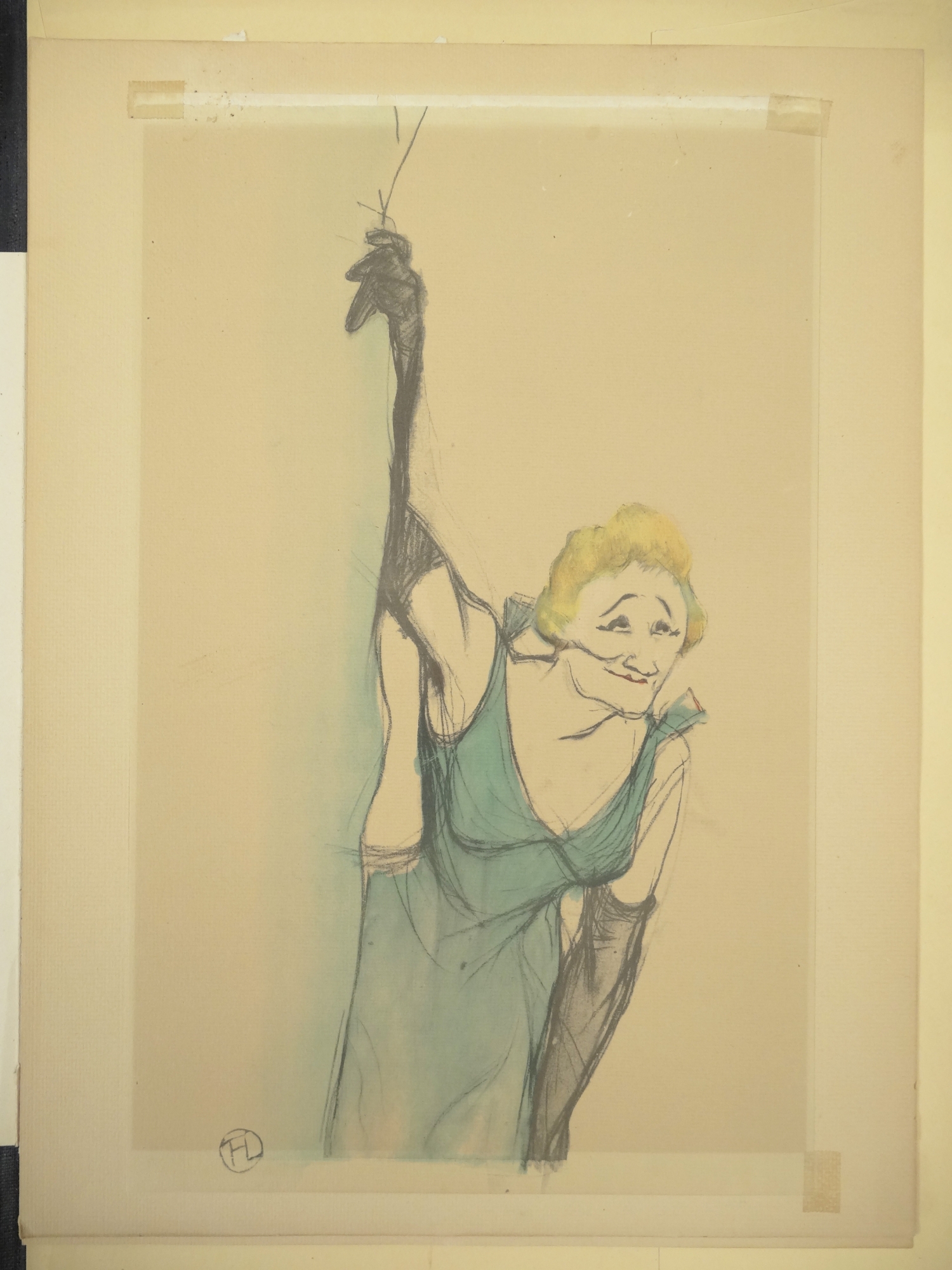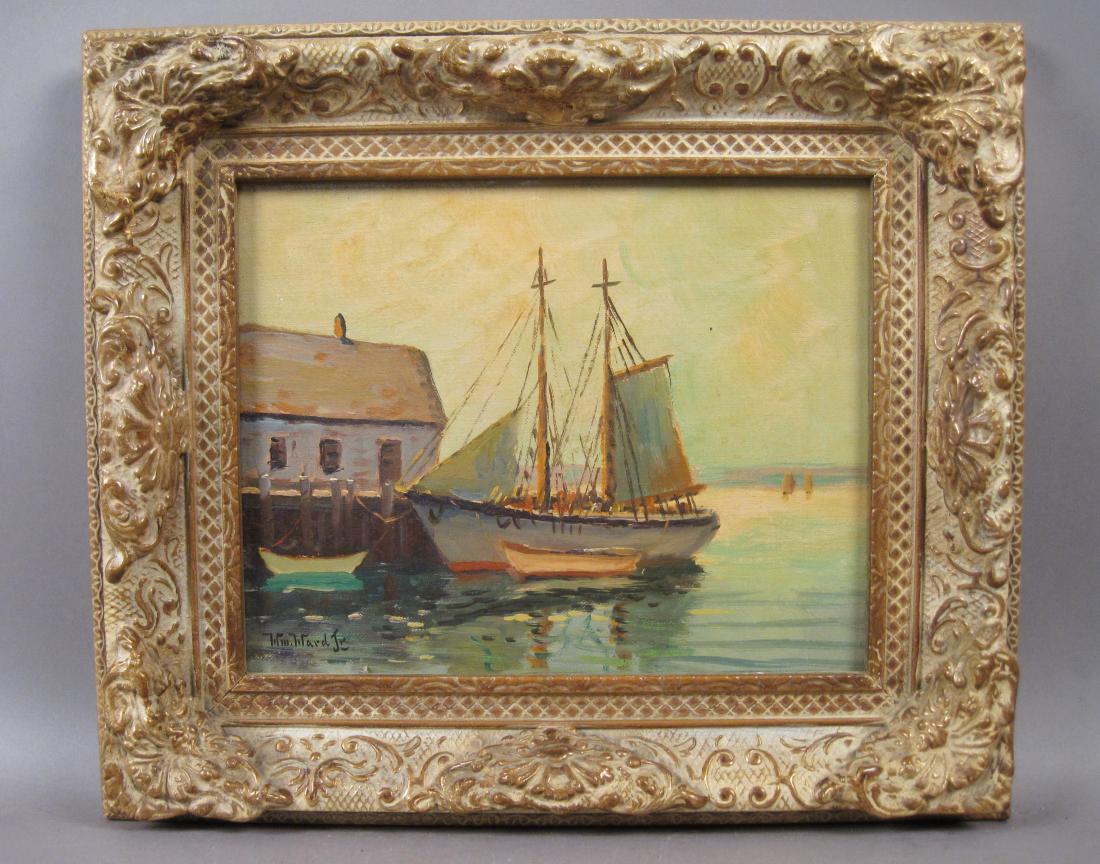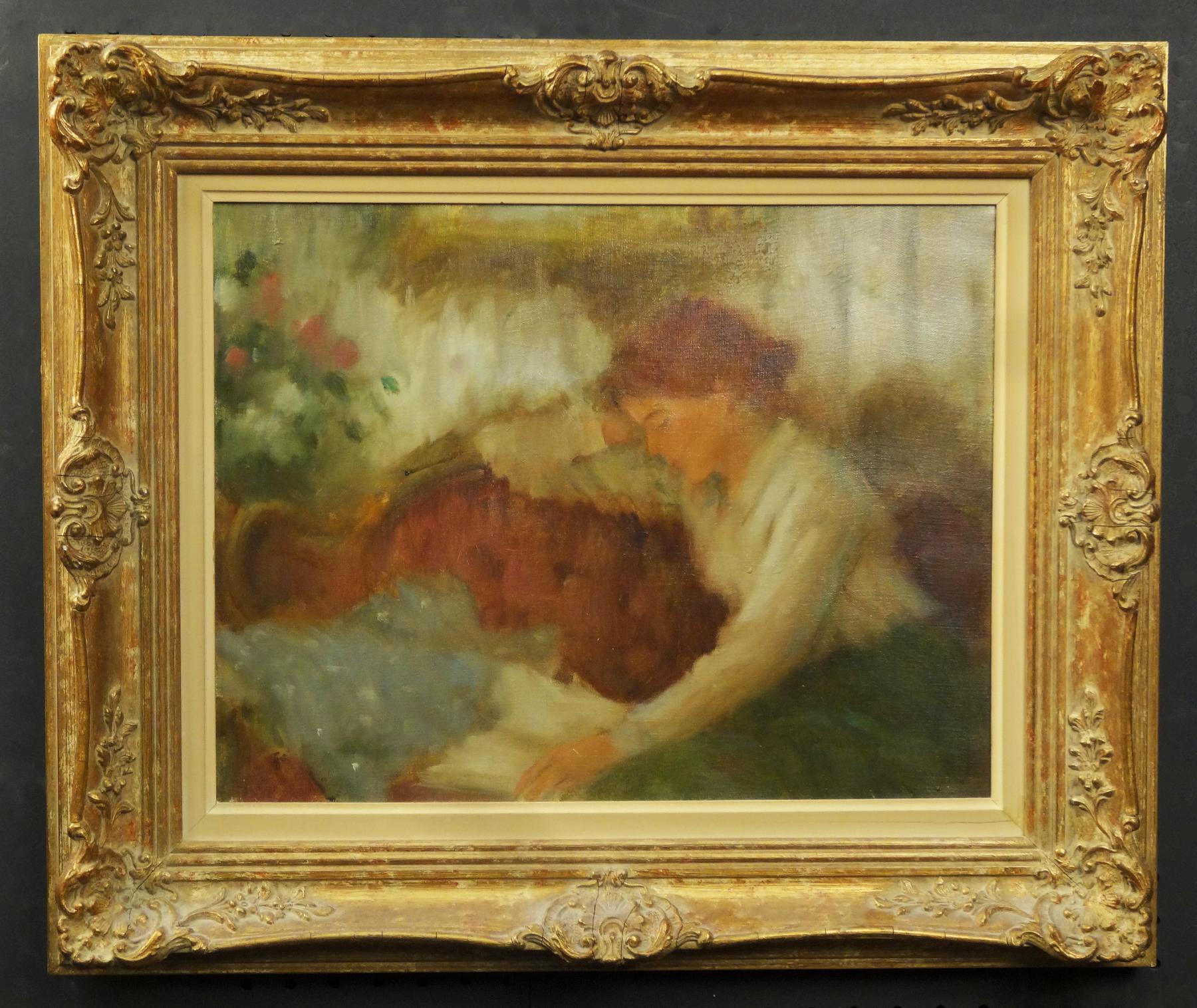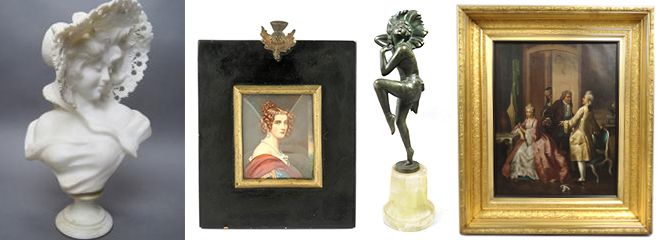
Fine Art
For thousands of years collectors have attached high value to fine art in all its forms. While signed pieces by listed artists are often in greater demand, antique or vintage works of merit that are unsigned or by unknown artists also hold value.
Etchings
We purchase many different types of art including etchings. Etching printmaking refers to a variety of techniques used to create a piece of etching art. One technique, drypoint etching, uses a plate of metal or other material like plexiglass that has been scratched by the artist with a design. The scratched plate is then inked and pressed against paper. Usually the artist will create a limited number of these etching prints and sign and number them. This same numbering is often used for lithographs and silkscreen prints. Lithographs are very similar to drypoint etchings but the technique has slight differences.
In lithographs the images are made by the scratches left by the artist. In drypoint etchings the images are made by the raised material left behind next to the scratches. These bumps of raised material, called burrs, are generally filed away for lithographs. Silkscreen, also known as serigraph printing is a printing technique that is Asian in origin. It uses large stencils to transfer ink onto a paper (or t shirt!). The use of stencils allows many identical prints to be made. Etchings, lithographs, and silkscreens are both usually original prints meaning the prints is itself the work of art. Sometimes, these techniques are used to replicate paintings.
Oil Paintings, Acrylic Paintings, and Watercolours
Oil paintings are generally the most common type of antique paintings. Oil paints, as the name implies are oil based allowing the pigments longer drying times and the paints to have a slightly transparent appearance. Oil painters will build up thin layers of these paints to create beautiful depth in paintings or manipulate thick globs of the paint to create rich surface texture. The latter is more common in art movements like Impressionism and other later art periods. Acrylic paintings are more common in recent eras.
Acrylic paints are technically water-based but rely on plastic to give the paint its body and texture. Acrylic paintings became more popular during the twentieth century as advancing technologies made more brightly colored paints available. Watercolor paints are water-based. Pigments are suspended in water to allow for beautiful, brightly colored paintings. Antique watercolors are less common than oil paintings for a variety of reasons. First, watercolor paintings are usually on paper which is less easily preserved. Second, many European artists viewed watercolors primarily as a sketching tool to plan out larger paintings rather than a final product like oil paintings. While many artists focused on the creation of paintings some, like Degas created both paintings and sculptures.
Sculptures
Sculpture as a general art term applies to any sort of three dimensional, shaped material. Antique sculptures are usually made out of metal, stone, or wood. Because of the durability of metal and stone these sculptures can last long beyond the cultures that created them. We have purchased metal figurines dating back to the Roman Empire. Metals used for sculptures commonly include bronze or iron, or, more recently steel. Art collectors are always looking for striking sculptures from listed artists or exceptional pieces from any artist. We are always happy to purchase such pieces in both our Saratoga Springs NY and Albany NY offices. If you have a painting or sculpture you are looking to sell, contact us to make an appointment!
In November 2012, we sold an exceptional pair of portraits by Ammi Phillips for a client. Read more.
